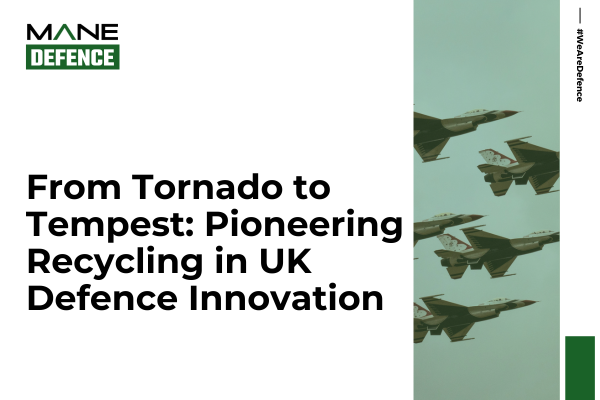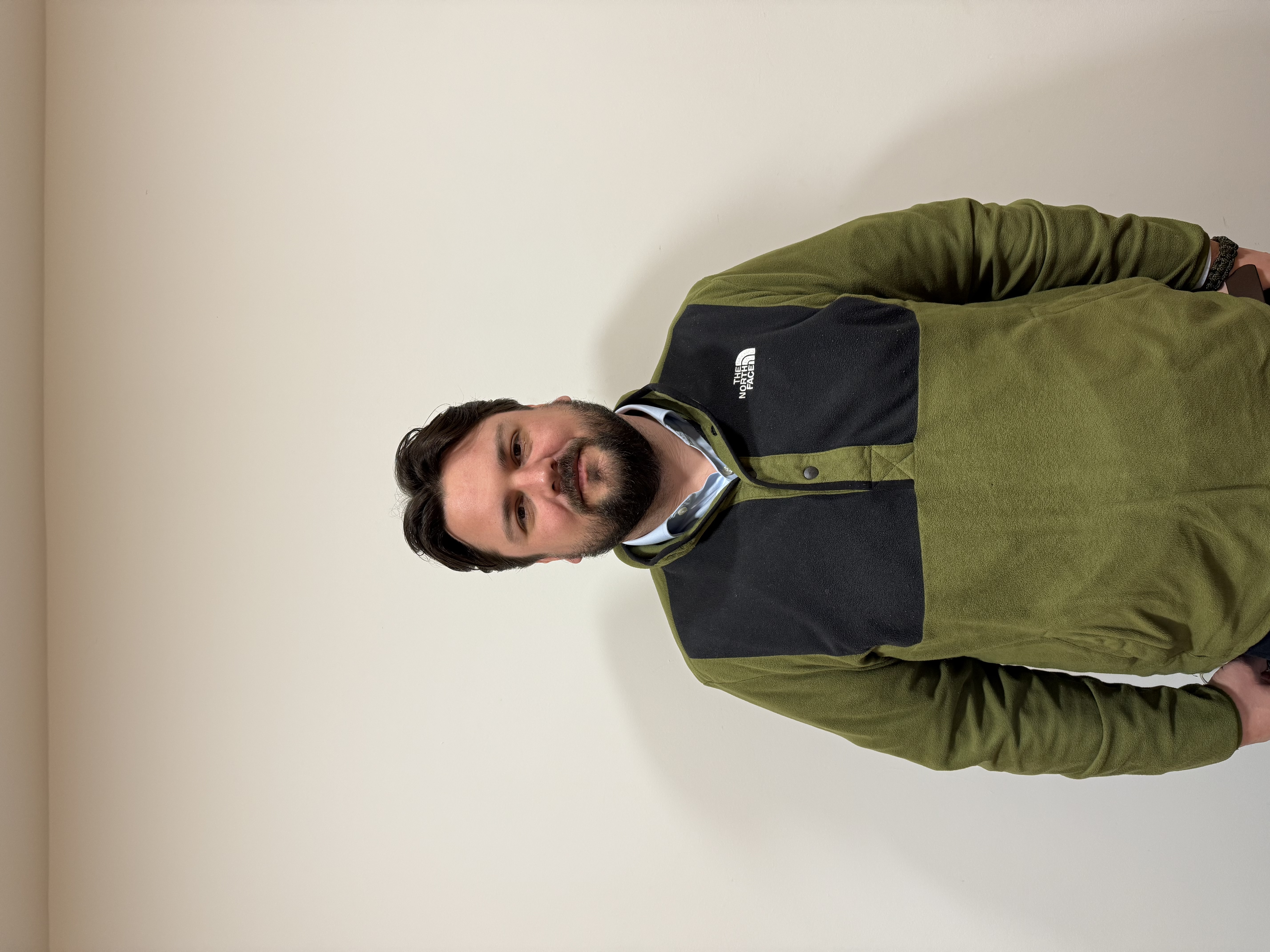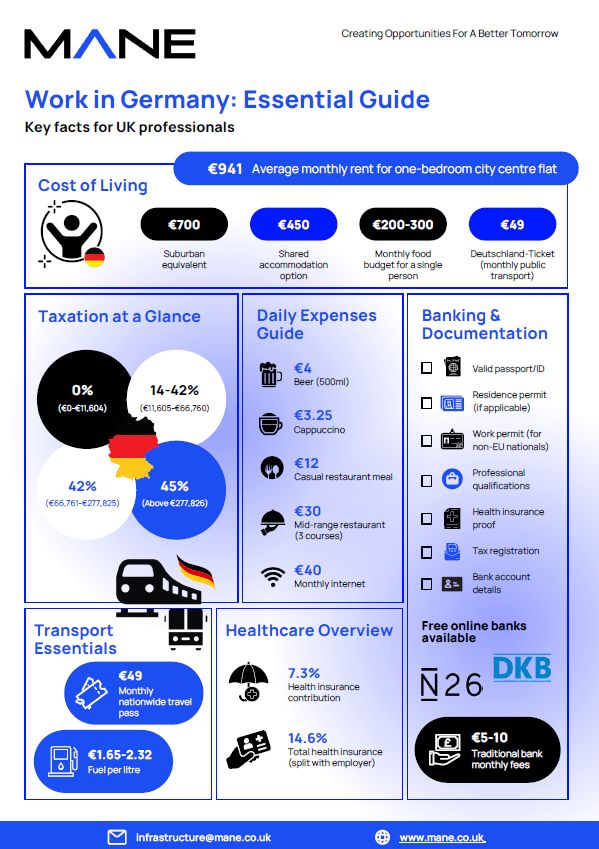From Tornado to Tempest: Pioneering Recycling in UK Defence Innovation
02 Apr, 20252 minsThe Royal Air Force has demonstrated significant innovation by successfully recycling compon...

The Royal Air Force has demonstrated significant innovation by successfully recycling components from retired Tornado fighter jets into new parts for the next generation Tempest aircraft. This groundbreaking initiative, aptly named "Tornado 2 Tempest," marks a significant milestone in sustainable defence manufacturing and circular economy principles within the UK aerospace sector.
Innovative Recycling Process
The project has seen individual parts from decommissioned Tornado aircraft ground down and transformed into powder metal, which is then used for 3D printing new components suitable for Tempest jets. This pioneering approach offers multiple benefits:
- Cost reduction for the Ministry of Defence and UK taxpayers
- Decreased reliance on global supply chains for critical metals
- Production of components that are lighter, stronger, and longer-lasting than those manufactured through traditional forging techniques
Titanium-rich components, including jet engine compressor blades from a low-pressure air compressor, were selected for the initial phase. After cleaning and atomisation, the recycled material was used to 3D print a nose cone and compressor blades for Orpheus – Rolls-Royce's small engine concept within the MOD's Future Combat Air System (FCAS) programme that will deliver Tempest.
The nose cone was successfully fitted onto an Orpheus test engine and passed all safety and suitability checks, demonstrating the technique's potential for integration into sixth-generation fighter jets.
Collaborative Partnership
The initiative was led by Defence Equipment and Support's (DE&S) Defence Recycling & Disposals Team in collaboration with the MOD FCAS team, Rolls-Royce, and Lancashire-based SME Additive Manufacturing Solutions Limited (AMS).
Maria Eagle, Minister for Defence Procurement and Industry, highlighted the significance of the project: "The Tornado 2 Tempest project highlights the creativity, ingenuity and innovation defence employs in our approach to national security. By working with key industry partners, we can deliver savings, reduce reliance on global supply chains and ensure our Armed Forces have the very best kit to keep our country safe."
Andrew Eady, Rolls-Royce VP FCAS Sustainability, added: "The Tornado 2 Tempest project exemplifies the forward-thinking sustainability principles embedded in the FCAS Sustainability Strategy and MOD Defence Support Strategy. At Rolls-Royce, we continue to be leaders in circular economy practices and innovative digital enablers to support our steps to be a lower carbon and digitally enabled business."
Digital Innovation
Beyond the physical recycling process, the team also demonstrated a Digital Product Passport (DPP) by capturing and recording material provenance and lifecycle data. This digital innovation enables more informed decisions around material allocation and protects against counterfeit materials – adding another layer of security and traceability to the defence supply chain.
Economic and Employment Impact
The initiative has already created three jobs and sustained two at AMS, with the company now expecting to create 25 additional positions by offering the innovation to other suppliers within the defence sector. This demonstrates how sustainable practices can drive economic growth while supporting the UK's domestic defence industry.
Career Opportunities in Defence Innovation
The project involved more than 80 professionals, including DRDT's commercial graduates and Rolls-Royce graduate apprentices, showcasing the exciting career pathways available in defence innovation.
For those interested in joining the cutting edge of aerospace technology and sustainable manufacturing, there are numerous entry points:
- Graduate schemes at DE&S, Rolls-Royce, and other defence contractors
- Apprenticeship programmes focusing on advanced manufacturing techniques
- Engineering roles in materials science and additive manufacturing
- Supply chain and sustainability positions within the growing circular economy sector
- Digital innovation careers developing solutions like the Digital Product Passport
The MOD's Chief of Defence Logistics and Support recently recognised the commitment and dedication of the Tornado 2 Tempest Rolls-Royce Team with a CDLS Commendation, highlighting the professional recognition available within this sector.
The Future of UK Defence
As the UK's FCAS programme advances towards delivering the Tempest combat aircraft by 2035, initiatives like Tornado 2 Tempest demonstrate the country's commitment to innovation, sustainability, and strategic independence in defence manufacturing.
Robert Higham, AMS Director, summarised the project's impact: "At AMS our tagline is 'Innovative Solutions for a Sustainable Future' and we were confident our innovations and ideas would have a great bearing on the future of a resilient supply. This project turned our proposed solutions into a reality, and we have been very humbled and grateful to the MOD and Rolls Royce, for allowing us to showcase our capability to deliver game-changing circular economy processes and parts in Defence."
With the first test flight of a Tempest demonstrator planned for 2027, the UK aerospace sector continues to push boundaries in sustainable manufacturing while maintaining its position at the forefront of defence technology – creating opportunities for talented individuals to contribute to this exciting future.



